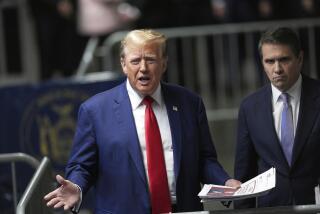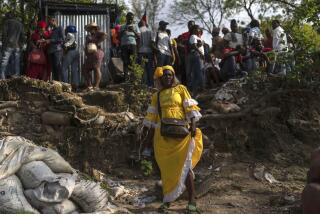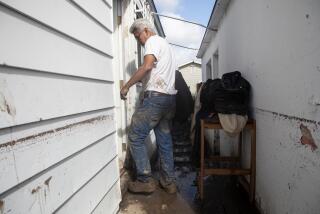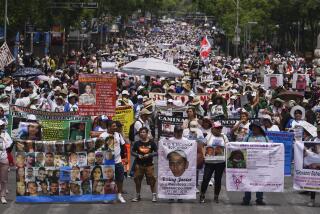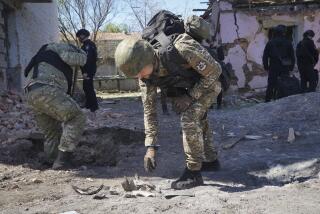Mexican ex-president barred from entering Cuba
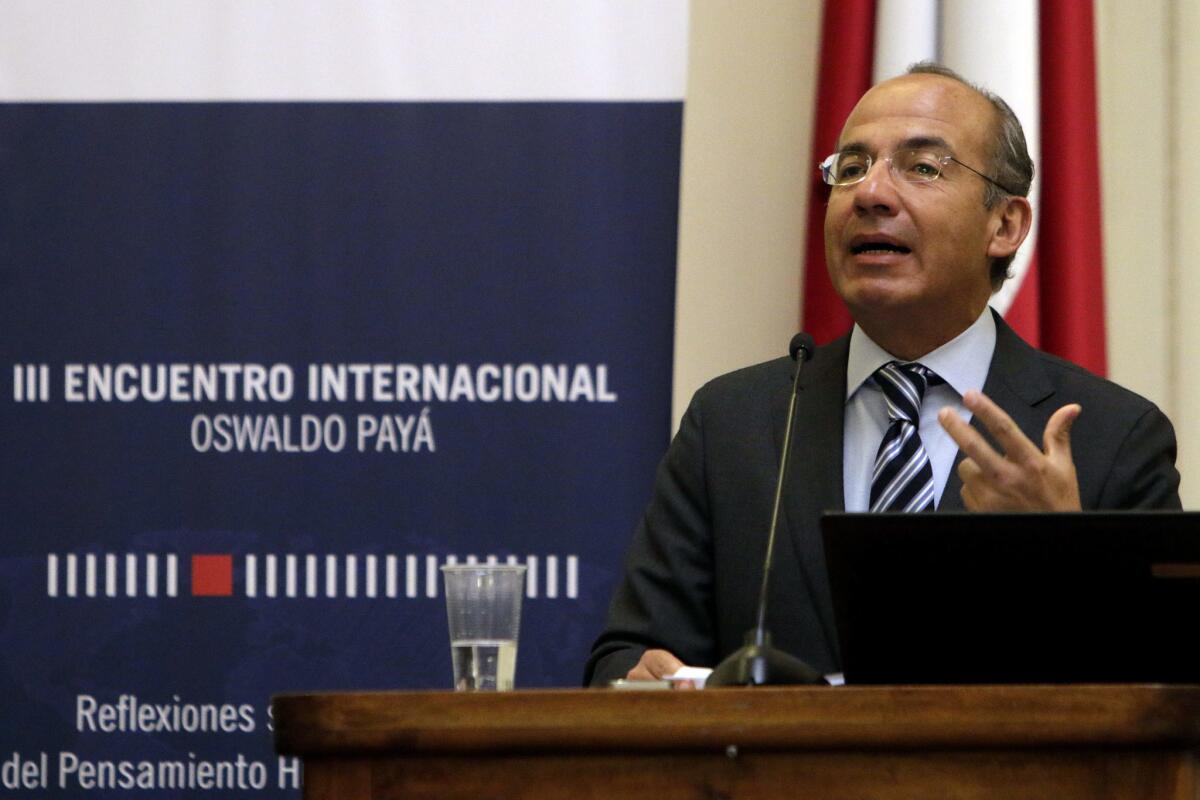
El expresidente mexicano Felipe Calderón.
Former Mexican President Felipe Calderon said Tuesday that Cuban authorities stopped him from traveling to the island to mark the fifth anniversary of the death of prominent dissident Oswaldo Paya.
“Cuban Immigration informs us that passenger FCH is not authorized to enter Cuba and asks that he not be documented on flight AM451,” Calderon said in a Twitter post, referring to the message given to him by Aeromexico.
The Mexican Foreign Relations Secretariat weighed in on the matter, saying Havana’s decision to bar Calderon from entering the island was regrettable.
“The #SRE regrets the decision by the government of #Cuba to not authorize the visit to Havana by former President @FelipeCalderon,” the secretariat said in a Twitter post.
The former president, who governed Mexico from 2006 to 2012, said in a separate message addressed to Rosa Maria Paya, the late Cuban dissident’s daughter, that it was “regrettable” he would have to miss the event.
“I yearn for and commit myself to fighting so that one day all Latin Americans can live in liberty, justice and democracy,” Calderon, the first former Mexican president ever denied entry to the island by the Cuban government, said.
Former Chilean Education Minister Mariana Aylwin also said Monday that she had been denied entry to the island.
On Tuesday, Aylwin was scheduled to receive an award given posthumously to her father, former President Patricio Aylwin, by the foundation run by Rosa Maria Paya.
Calderon retweeted Aylwin’s post and called on Havana to “correct this absurd” decision and allow them to “remember” Oswaldo Paya.
During its early years, Calderon’s administration worked to repair ties with Cuba that had become badly frayed during Vicente Fox’s 2000-2006 administration.
In 2004, Fox withdrew Mexico’s ambassador to Cuba and expelled Cuba’s top diplomat after accusing the island of meddling in his country’s internal affairs.
That episode came two years after Fox asked Fidel Castro - then still Cuba’s leader - to cut short his visit to a UN gathering in Monterrey, Mexico, to avoid crossing paths with US President George W. Bush.
Oswaldo Paya, the 60-year-old founder of the Christian Liberation Movement, died in a traffic accident on July 22, 2012, while traveling by car from Havana to the eastern city of Santiago de Cuba.
Cuban authorities blamed the crash on the driver of the vehicle carrying Paya, but the Paya family contends that the Cuban security services were involved in the dissident’s death.
The man who was at the wheel, Spanish political activist Angel Carromero, said the rental car was rammed from behind by a Cuban government vehicle.
Two other people were in the car with Paya and Carromero. One of them, Cuban dissident Harold Cepeda, died in the crash, while the other, Swedish national Jens Aron Modig, was asleep at the time of the accident.
In September 2013, a Spanish judge rejected a criminal complaint against Cuban military officers over the death of Paya, a dual Cuban-Spanish citizen.
Paya emerged as a leading opposition figure in 2002, when he delivered more than 10,000 signed petitions calling for a referendum on democratization to Cuba’s parliament.
He was also honored that year with the European Parliament’s Sakharov Prize.

